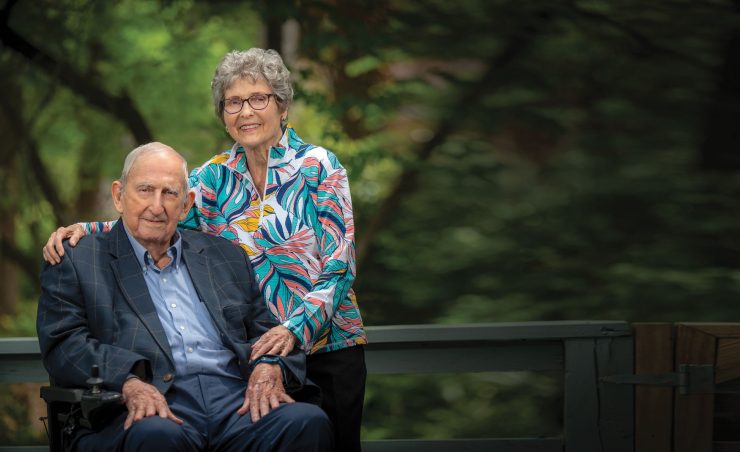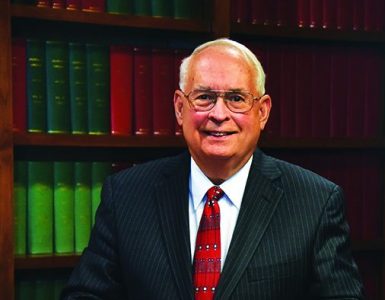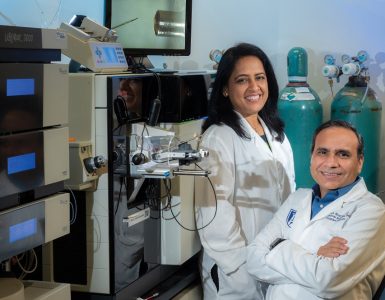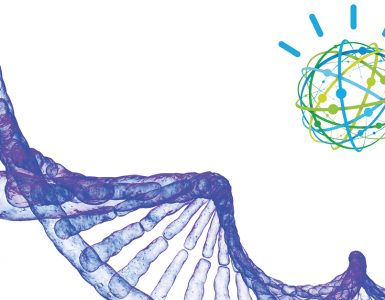You can’t think of the Medical College of Georgia without thinking of Charles and Betty Wray.
Charles Wray, MD, ’59, and Betty Wray, MD, ’60, have spent their entire careers at the MCG — about the same length of time as they have been married, and they celebrate their 66th anniversary this August. The Wrays led in their respective sections and departments — Charles in vascular surgery and Betty in pediatric allergy and immunology — and served in multiple academic roles and, in Betty’s case, national roles as well.
Today, they live a quieter life, but for generations of alumni and faculty, the Wrays are remarkable as two people whose loyalty, dedication and support of MCG is unsurpassed.
“They are givers,” says former longtime MCG president Francis Tedesco, MD. “They were not looking out for themselves at all but wanted to support the institution.
“If you asked me to personify what MCG stands for, it would be the Wrays.”
‘It Was Always Fun’
Charles was a vascular surgeon, vice chair of the Department of Surgery and chair of the Section of General Surgery, and Betty an allergist-immunologist who founded the Section of Allergy and Immunology and served as its chair. Both are now emeritus professors.
Their giving goes far beyond their faculty and clinical roles. Both served as interim dean of their medical school — in Charles’ case, twice, in 1988-89 and in 1992, and Betty in 2000-02 — and as president of the MCG Alumni Association. Charles also oversaw the badly needed renovation of MCG’s teaching hospital, then called Eugene Talmadge Memorial Hospital in the 1970s; overhauled its program delivering medical care to prisoners; presided over its physicians practice group, now known as Augusta University Medical Associates; and served as vice president for the university’s clinical activities.
Betty meanwhile is a past president of the American College of Allergy, Asthma and Immunology (ACAAI) and served on many national committees. That includes the Food and Drug Administration’s Advisory Committee for Allergenic Products, which reviews and evaluates data on the safety, effectiveness and adequacy of labeling for allergy-related products. She has also served on the Review Committee for Allergy-Immunology of the Accreditation Council for Graduate Medical Education, assuring that fellowships in her field meet certain standards.
Although she retired in 2000, Betty continued as a faculty member, teaching and seeing patients until November 2022. Today, she still attends the weekly allergy and immunology section conference, which reviews complex patient cases. And until recently, both also were active in the alumni association and attended MCG events such as the annual Moretz Society Surgical Conference.
Their service, says Tedesco, is based on their love of medicine and their loyalty and respect for an institution that embraced them. “Neither of them sought [these roles],” says Tedesco.
As a student at MCG, Charles Wray had the good fortune to be mentored by the late William H. Moretz, MD, chair of the Department of Surgery and later president of the university. “Dr. Moretz took me under his wing,” says Charles; in fact, Moretz and Wray would later work together to pioneer the Moretz vena cava clip for preventing pulmonary embolism. “He was my close friend.”
In this collegial environment, Charles became known as the person you would go to for advice, whether you were a medical student or the president of the college. Charles Howell, MD, ’73, chair emeritus and emeritus professor of surgery, was one of those students. “When things were not going well in the operating room, no matter who the surgeon was, they’d always ask for [Charles’] advice or for his help,” says Howell, who calls Charles his mentor. “Even though he was a vascular surgeon, he knew how to get out of trouble, no matter what that trouble was. He was a great person for a consult. He had great ideas on how to help people get well….And when he said something, it was worth listening to.”
Tedesco and Charles knew each other first as colleagues; Tedesco joined MCG in 1978 as chief of the Section of Gastroenterology and was named MCG president in 1988. “He was a strong mentor to so many physicians who came out of MCG and a strong mentor of mine when I became president, no question about it,” says Tedesco.
In cases where Tedesco needed to bounce an idea off someone or wanted a different perspective, “I would say, ‘Maybe it’s time to call Charles,’” adds Tedesco’s wife, Luann.
“I knew he’d give a truthful response, whether he agreed with you or not,” says Tedesco. “He didn’t have an agenda; you got an honest response, knowing there was no secondary goal … Betty was the same way. Both were always honest, looking out for the wellbeing of the institution.”
As Charles advanced in his career, Betty was still pursuing hers. She completed her training in between babies — four in all. “I did anything I could part-time so I could stay with the children,” she said.
After passing her boards, Betty was hired by Frank Anderson, MD, a pulmonologist who she describes as her mentor. She worked with him as a fellow at a respiratory center, and through that
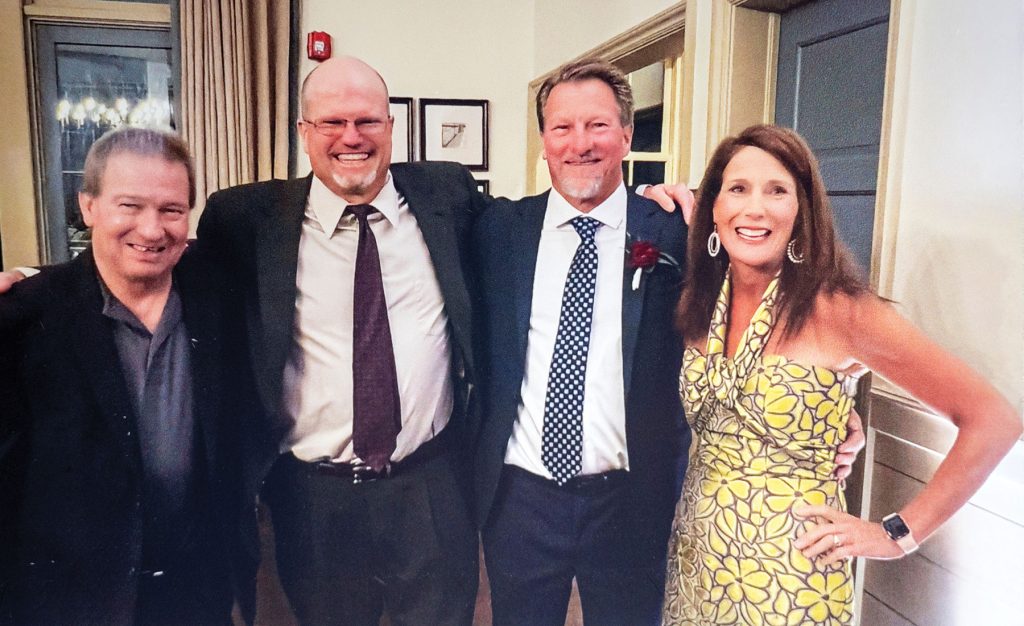
experience, Betty says, “I became fascinated with asthma and immune deficiencies.”
But as MCG’s only allergist/immunologist, “I didn’t have anyone to talk to about interesting patients,” she says, plus there were many more patients who needed care. She set her sights on starting an allergy/immunology fellowship at MCG to help draw more specialists into the field. It took six years, but with the help of Chester T. Stafford, MD, codirector and an internist at Eisenhower Army Medical Center, the fellowship was approved in 1978. It recently celebrated 45 years, and to date, 77 fellows have been trained or in process of being trained. “One of the things I really wanted to do was fill up the state with well-trained allergist-immunologists,” she says.
She worked steadily to build the practice and fellowship and served on multiple committees for the ACAAI, which named her its president in 1996. Of that committee work, “I was silly enough to think I was supposed to be doing something,” says Betty in her naturally self-deprecating way. “I worked my way up, though not intentionally.”
Betty was ACAAI’s second female president and led the way for other MCG allergist-immunologists such as Bill Dolen, MD, and current president and chief of the MCG section, Kathleen May, MD, to serve in that role. (May also holds the Betty B. Wray MD Distinguished Chair in Pediatrics.)
Betty also served as vice chair of pediatrics for a year, and like her husband, was tapped by Tedesco as interim dean in 2000. “The staff,” she says, “was very helpful since I had never been in administration like that before. I’m very proud of some of the people I was able to recruit at that time,” including naming current dean David Hess, MD, as chair of the Department of Neurology.
Soon after Betty became interim dean, she also welcomed visits from the Joint Commission and the Liaison Committee on Medical Education, which, respectively, are the accrediting bodies for hospitals and medical education programs. She recalls that the LCME, in particular, was concerned that women in medical schools were not being given leadership roles. After Betty and Ruth-Marie “Rhee” Fincher, MD, then-vice dean for academic affairs met with them, “we never heard any more about lack of leadership for women in the school that year. We passed and we did well, so I was proud of that.”
She adds, “I was always so proud of [Charles’] role at MCG, all those important things he mentioned.”
“You had to try to keep things going and in the right direction,” adds Charles. “It was always fun.”
It reminds Betty of the advice Charles gave her when they were both students at MCG. She was about to start a rotation in emergency medicine and was worried about how it would go. Said her future husband, “Do what you know.”
“That was pretty clever,” says Betty.
A Lifetime of Giving
In 1970, Charles and Betty gave their first gift to the Medical College of Georgia: A crisp $10 bill.
It was the start of a lifetime of giving to their alma mater, including consecutive annual gifts starting in 1978. Many were small gifts, most for a specific cause or another, but all told, the Wrays have now donated nearly $1 million to the state’s only public medical school, including supporting the Betty B. Wray MD Distinguished Chair in Pediatrics and the Nesbit Wray Chair in Surgical Education, which honors Charles and former MCG vascular surgeon Bob Nesbit, MD, and supports educational opportunities for residents that are necessary, but not already covered as part of the program.
“I’m not surprised that they’ve been giving since day one,” says Howell. “They both started here right out of training…I think they got a lot of personal satisfaction of out working here, like I have.”
The reason they’ve given back, say the Wrays, is simple: “We’re grateful to MCG for giving us the education and the ability to practice and make a living and enjoy it at the same time,” says Betty.
The Other Side
The Wrays don’t make it to as many MCG functions as they used to. Health problems have taken precedence on their schedule. “We go there all the time — to our doctor,” says Betty. “It’s interesting to be on the other side.”
“But on Monday,” she adds, “I’ll go to conference.”
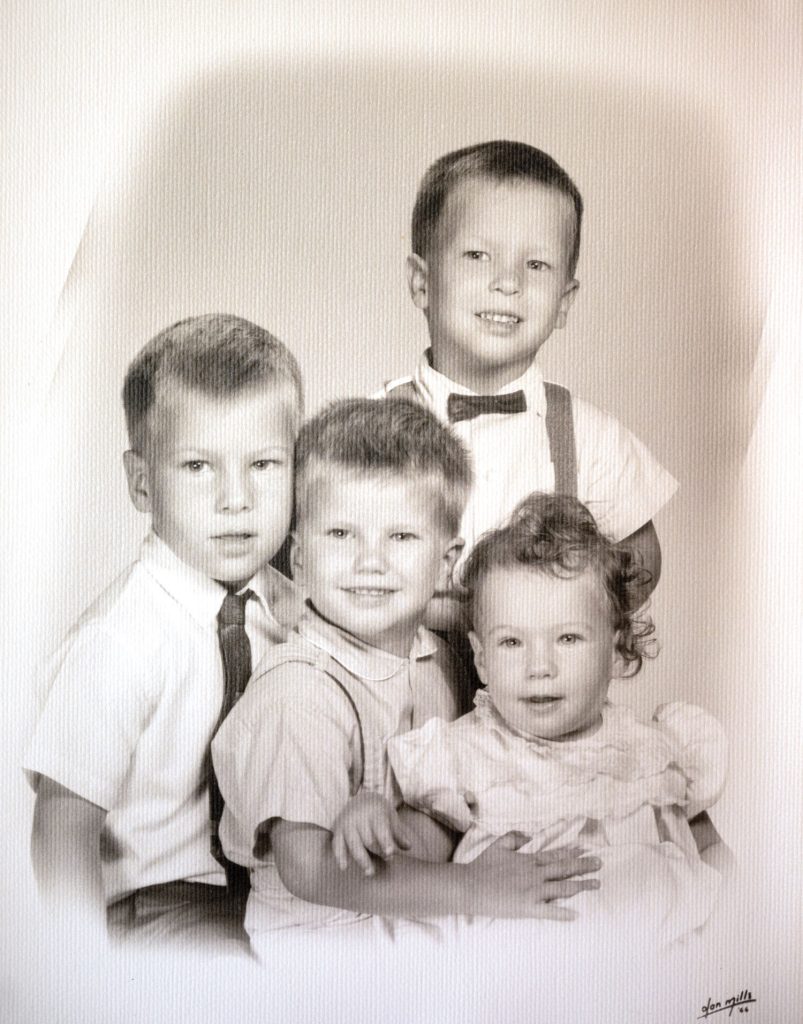
THEIR LEGACY
For the Wrays, their children—Charles, Brian, Lee and Julienne—and their grandchildren are their greatest legacy. None went into medicine, but Julienne’s daughter, Megan Daughtery, ’20, has a master of science in nursing from the Augusta University College of Nursing and works at the Children’s Hospital of Georgia in its oncology unit.
Making Chemistry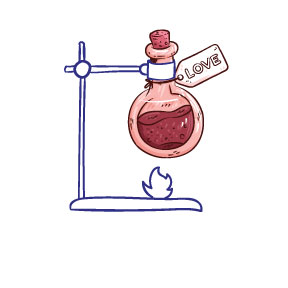
In 1953, Charles Wray of Union Point, Georgia, walked into the chemistry lab at Mercer University. He was a bit of a duck out of water. Just a few months ago, he’d been a ministerial student, planning to work overseas in Africa just like his missionary uncle. But during his senior year, he became discouraged about his choice of career, mainly due to personalities in the church he was serving at part-time.
So, it was back to medicine, an earlier interest. Finding a Medical College of Georgia scholarship that would pay for medical school sealed the deal.
Meanwhile, sitting inside that same chemistry lab, Betty Beasley was in a hurry to become a doctor. After briefly considering vet school, Betty, who hailed from Dixie, Georgia, was on track to meet all her medical school prerequisites in a record two years by taking summer classes.
When Charles walked in and saw Betty sitting there, “He claims we made chemistry in the chemistry lab,” says Betty Wray with a laugh.
If you would like to honor the Wrays and support the Betty B. Wray MD Distinguished Chair in Pediatrics, the Nesbit Wray Chair in Surgical Education or other funding needs in allergy-immunology, please contact Emily Calkins-Reed, associate director of philanthropy, medicine, at ecalkinsreed@augusta.edu or 706-421-6004. Or visit mcgfoundation.org/give-now and specify a fund.

